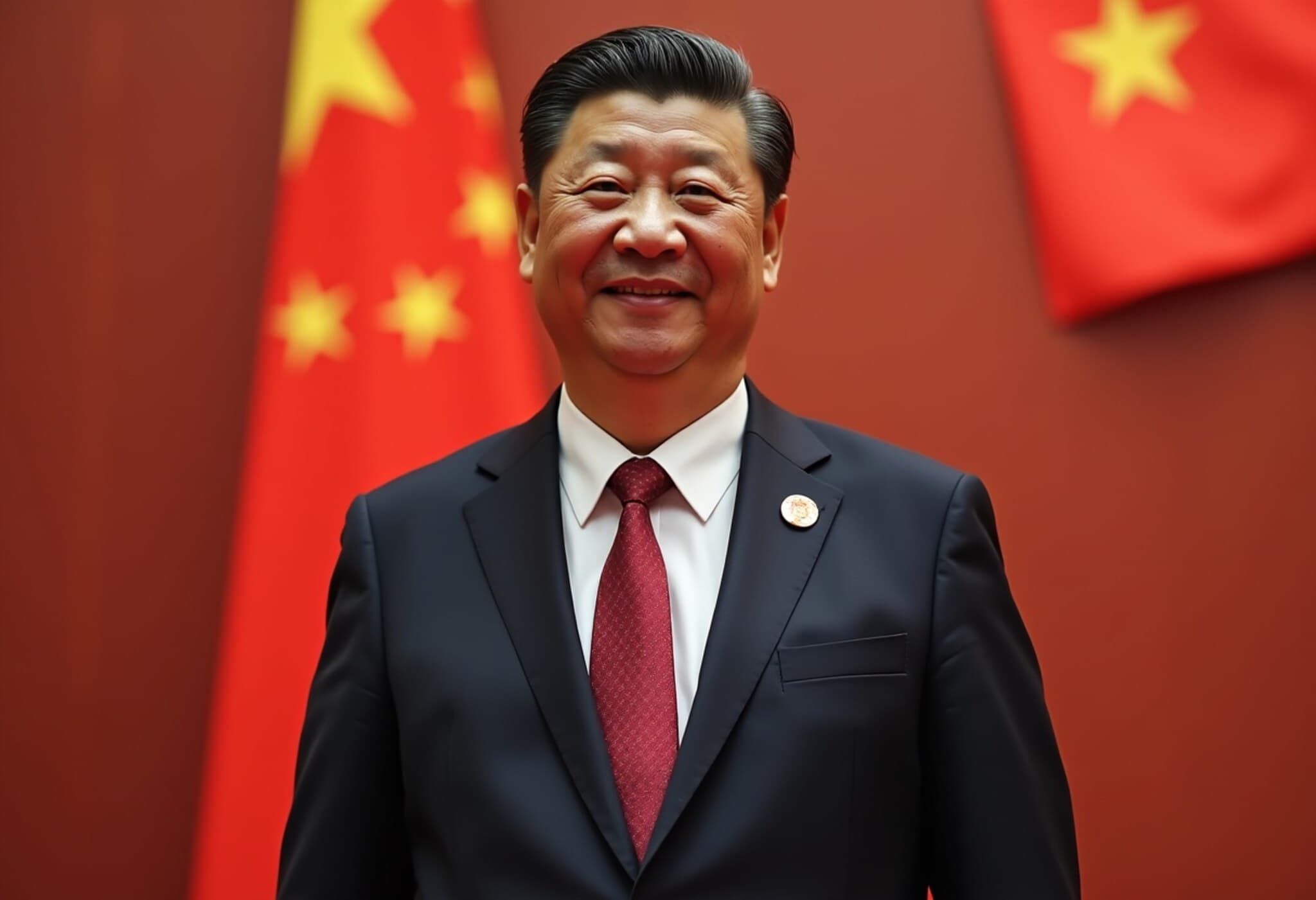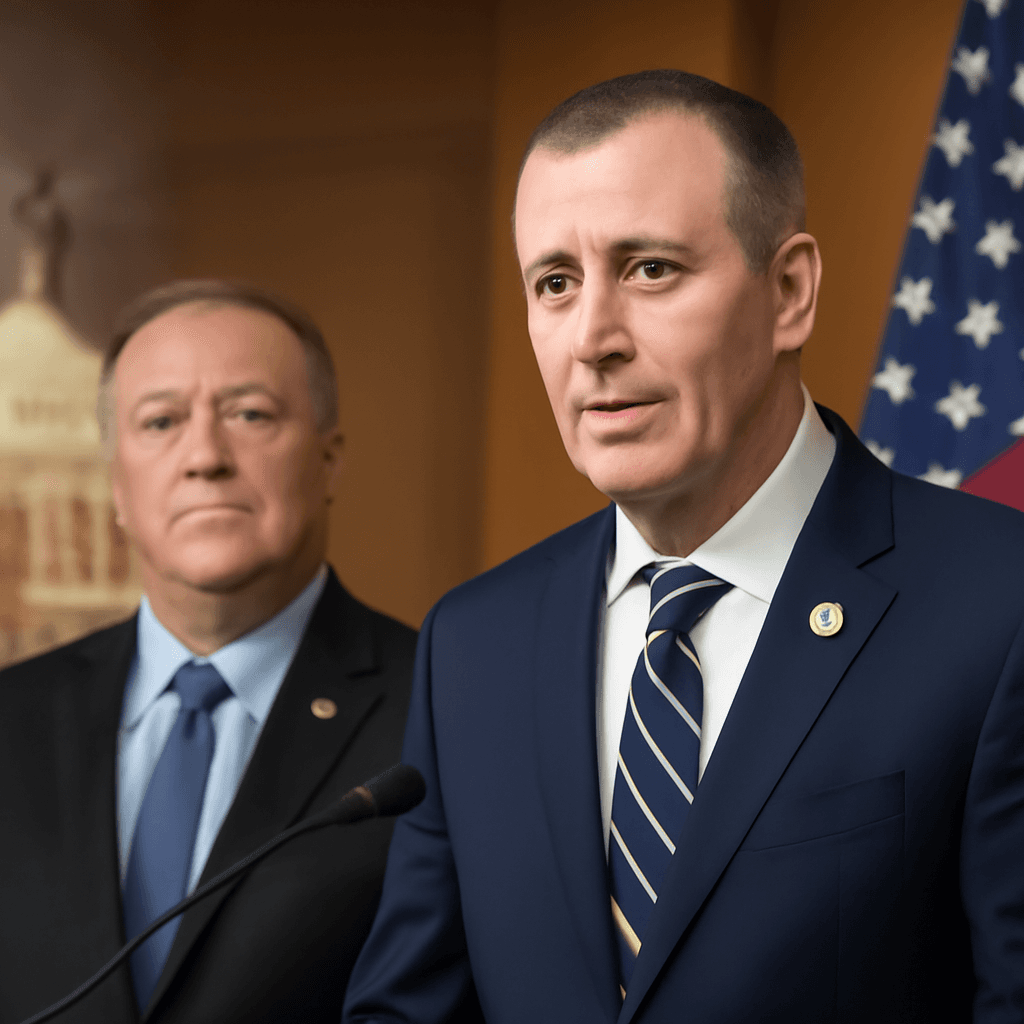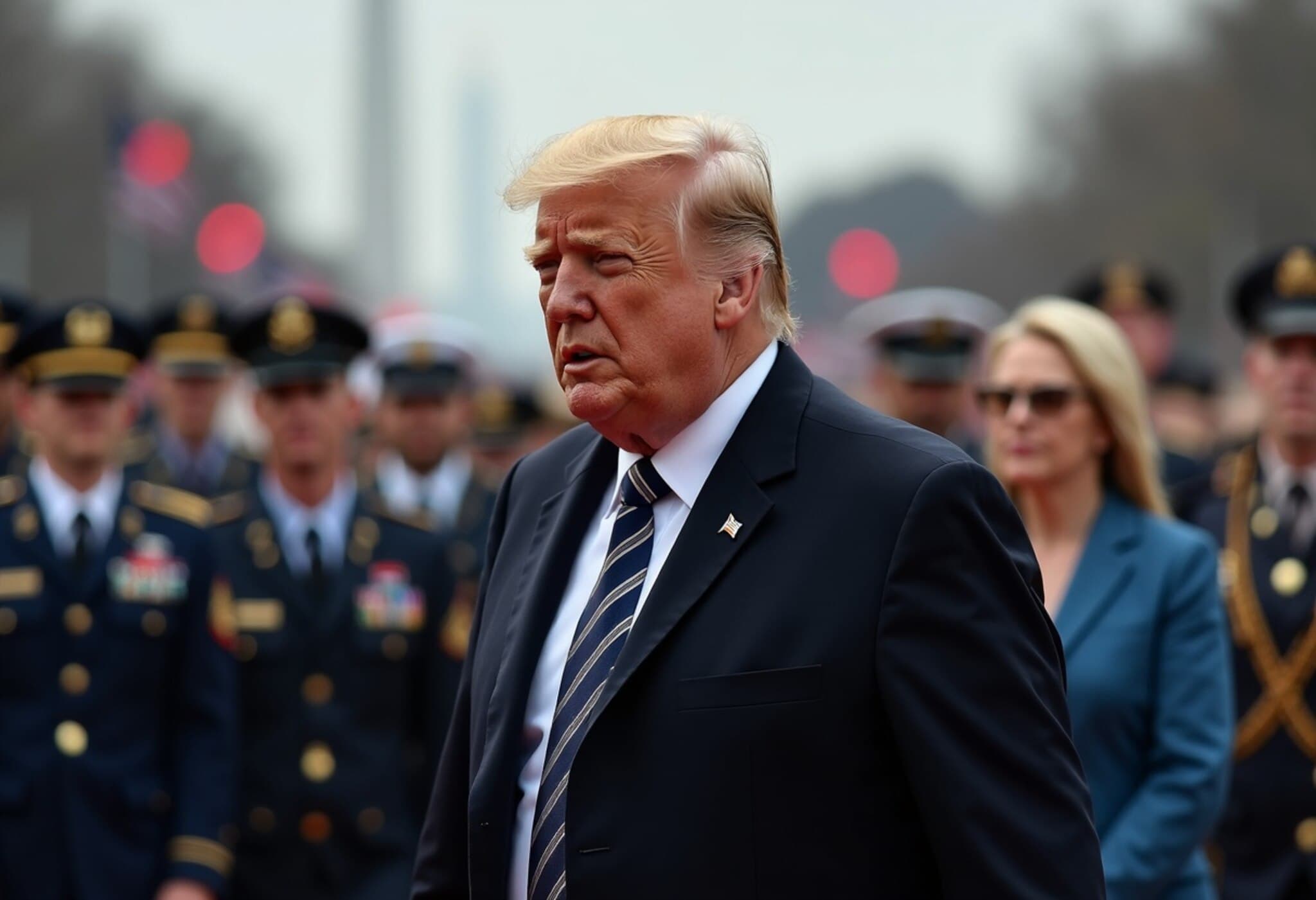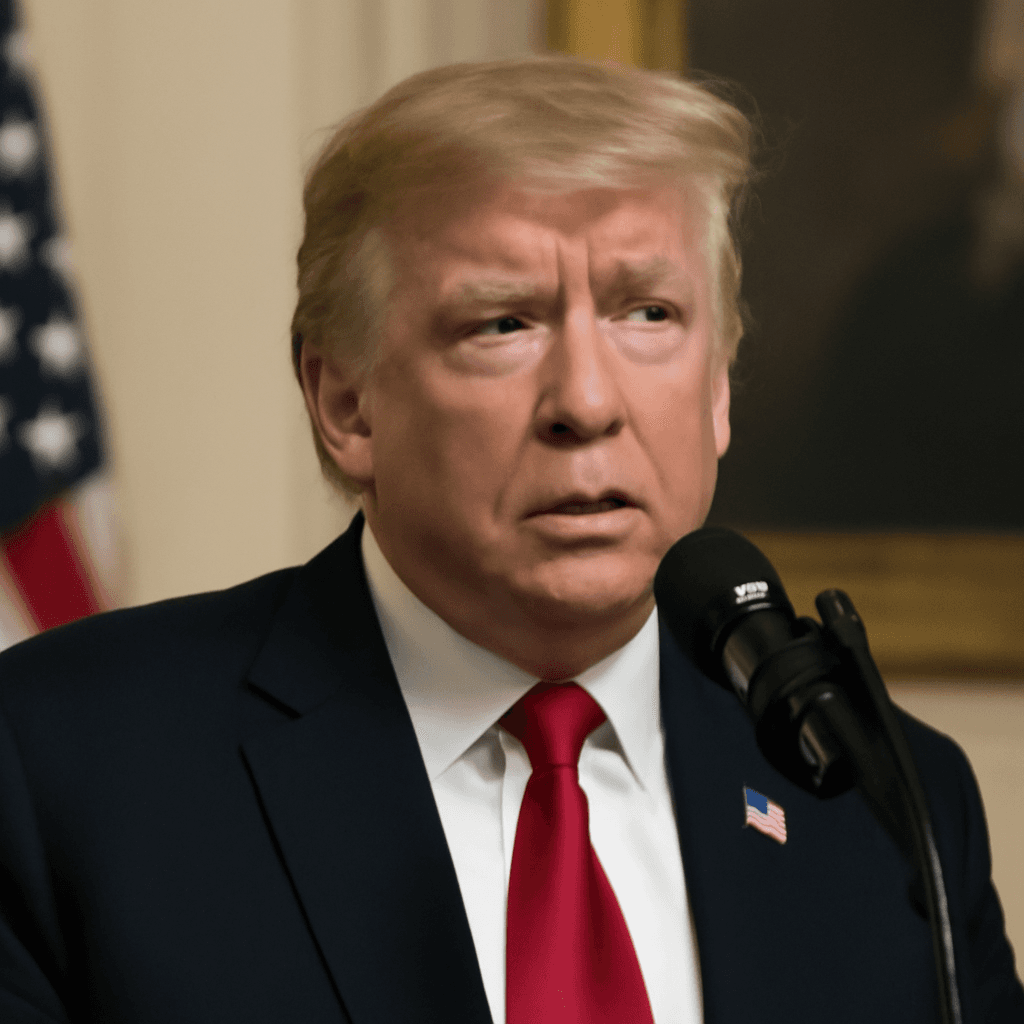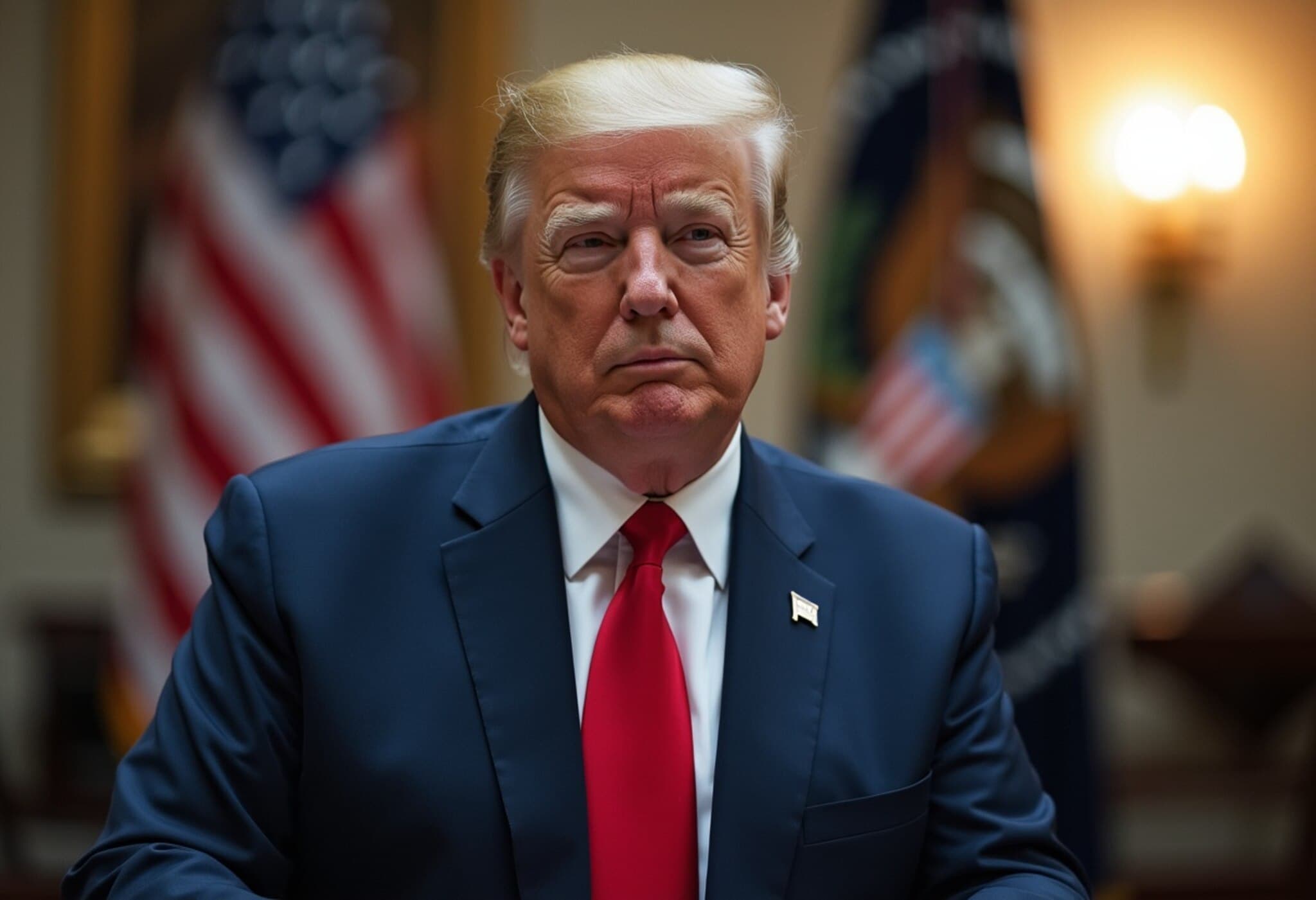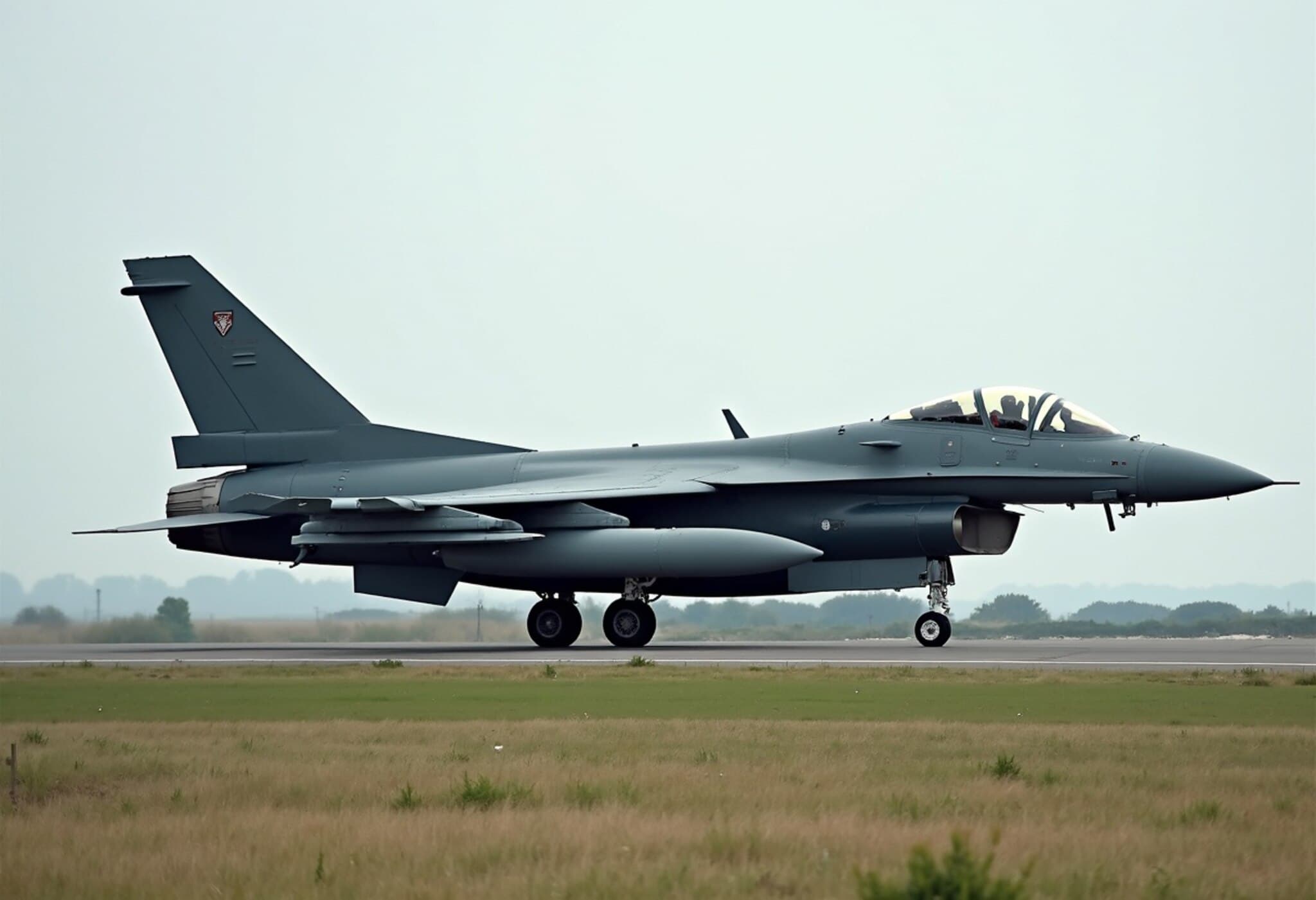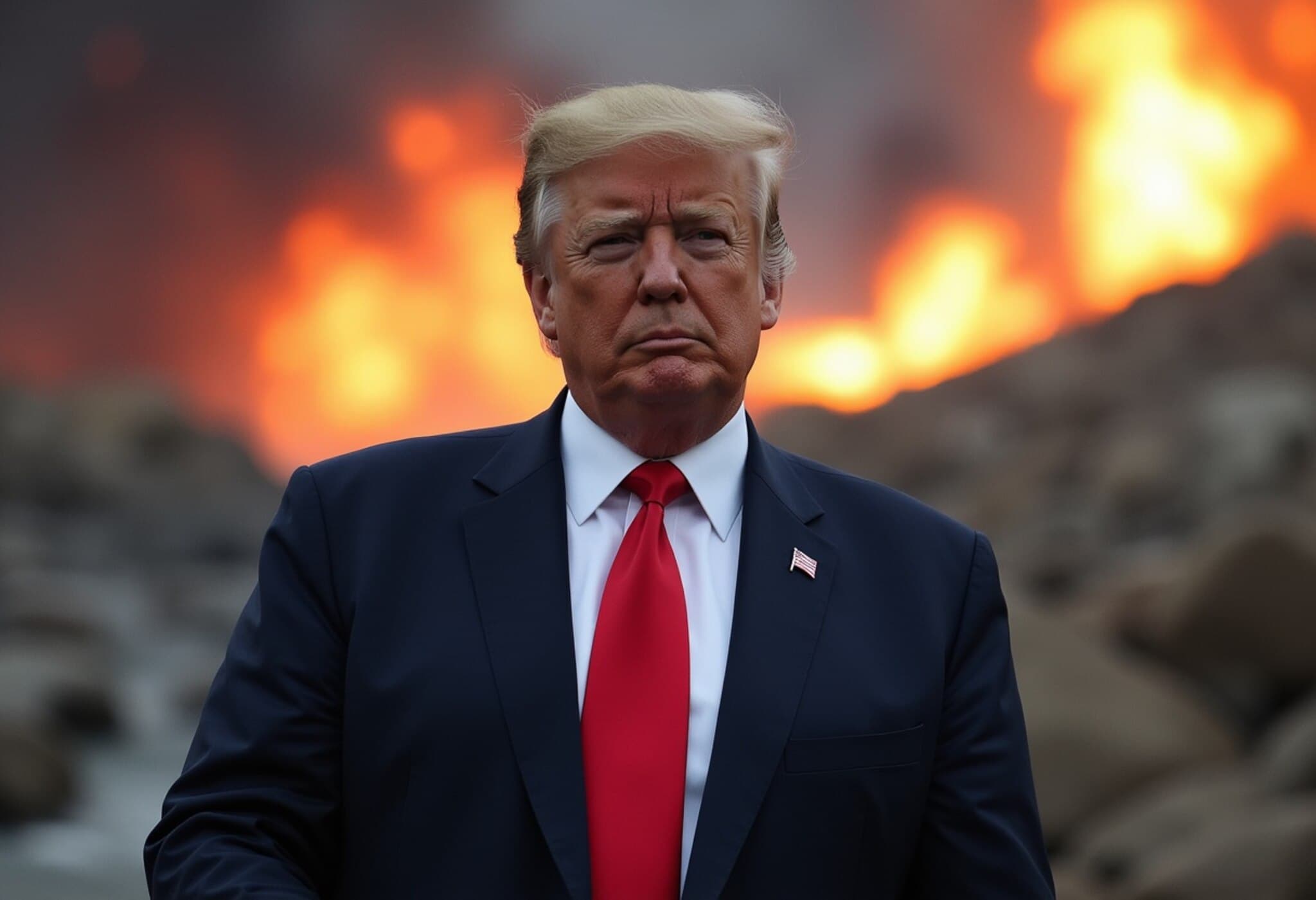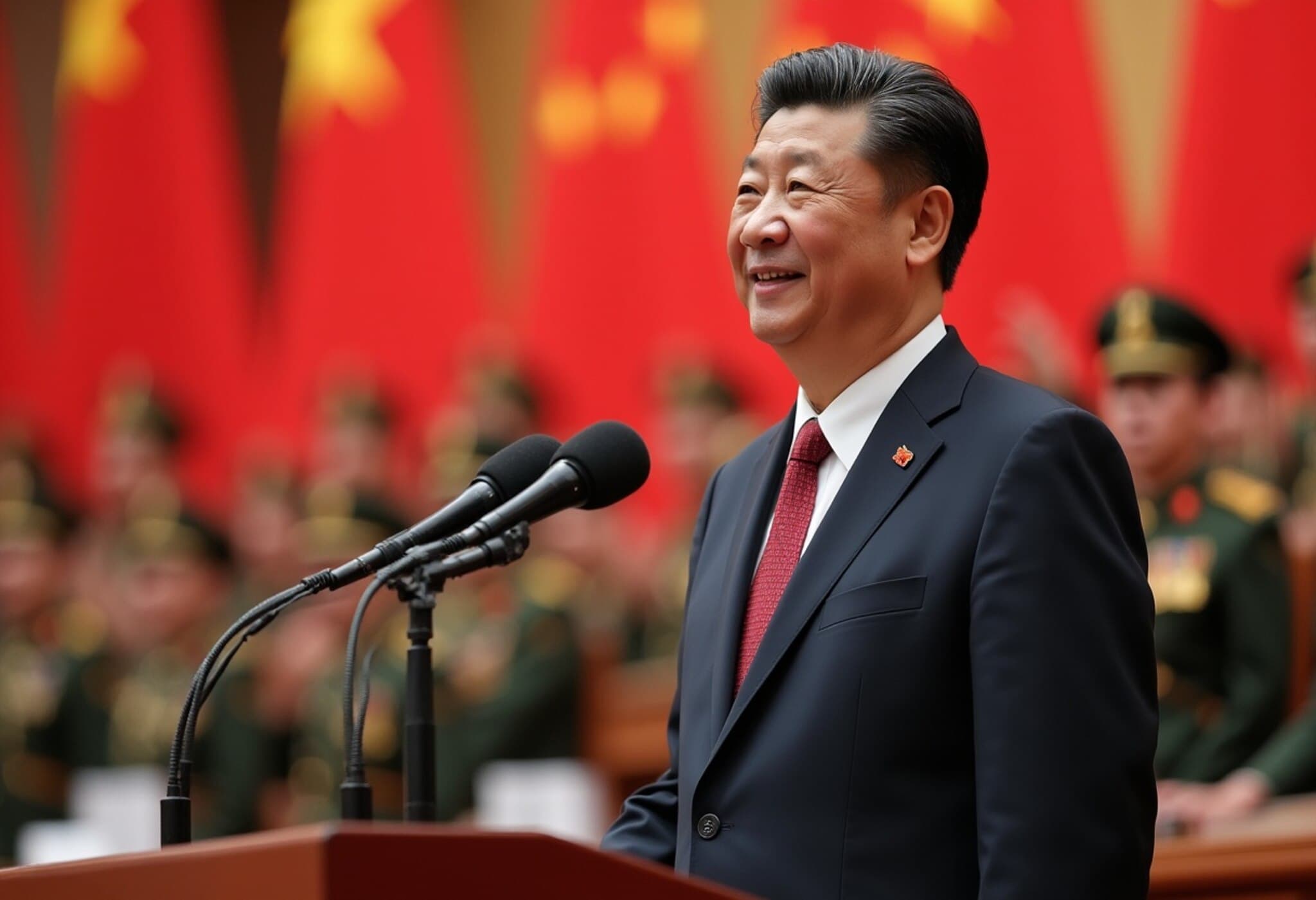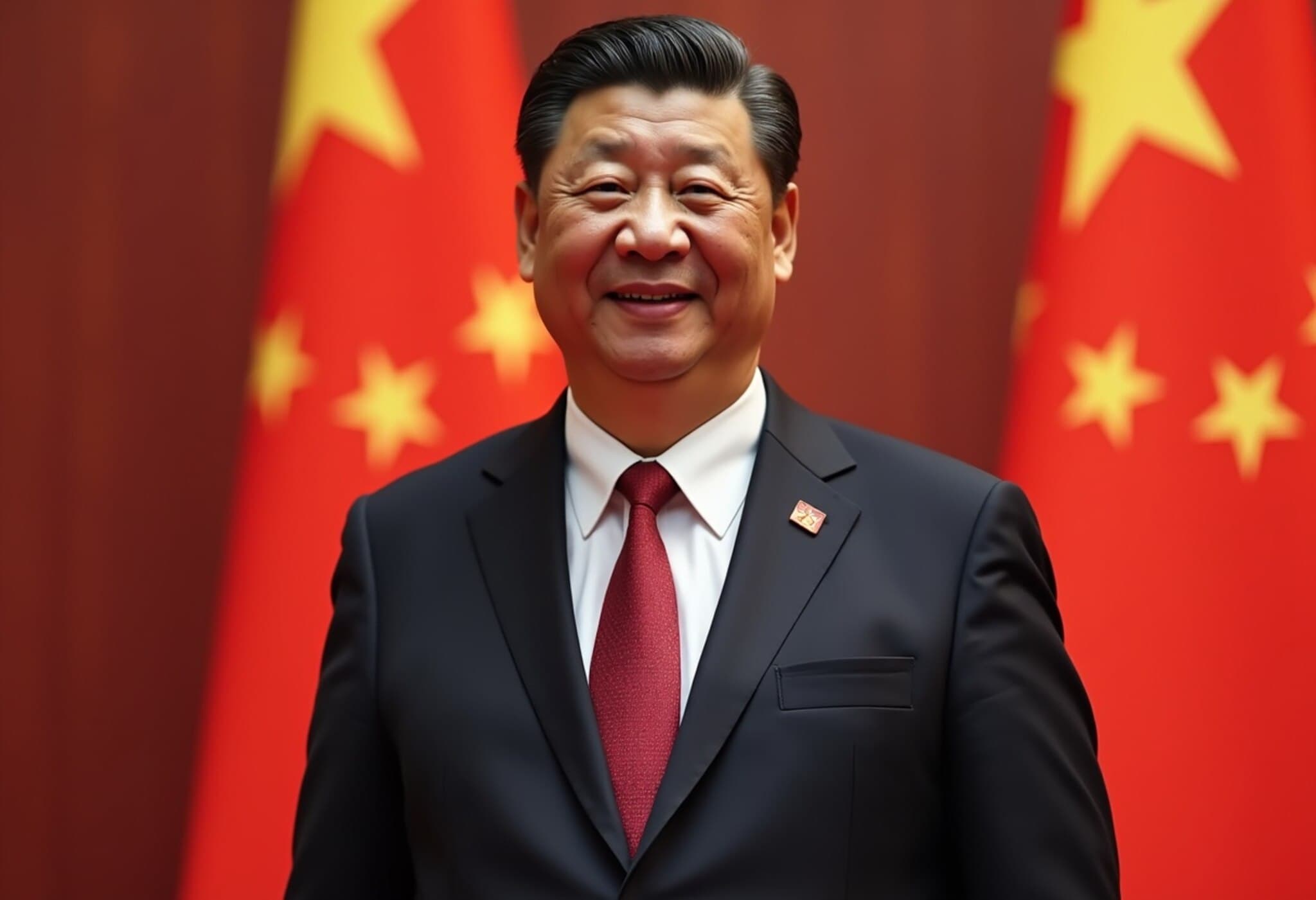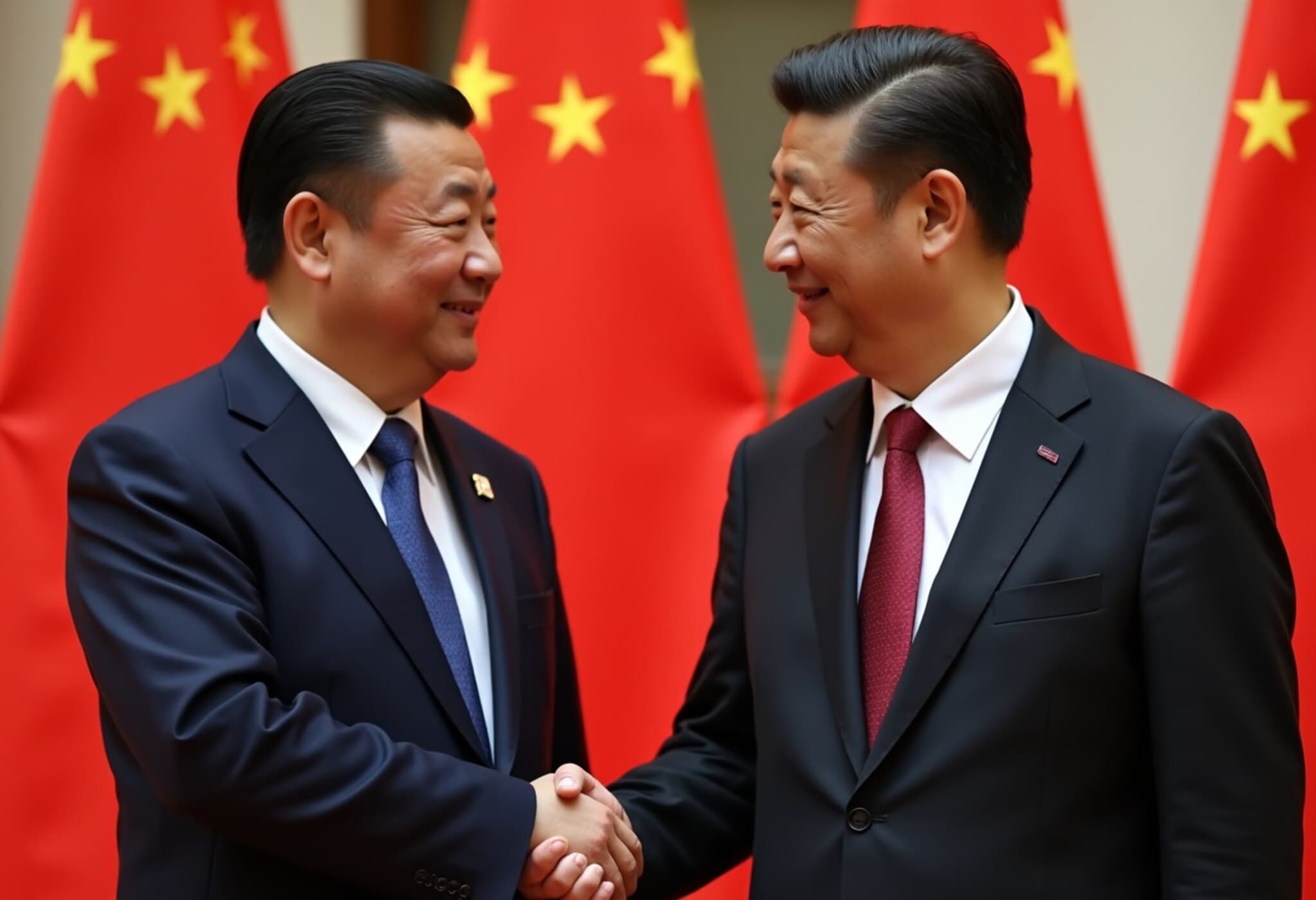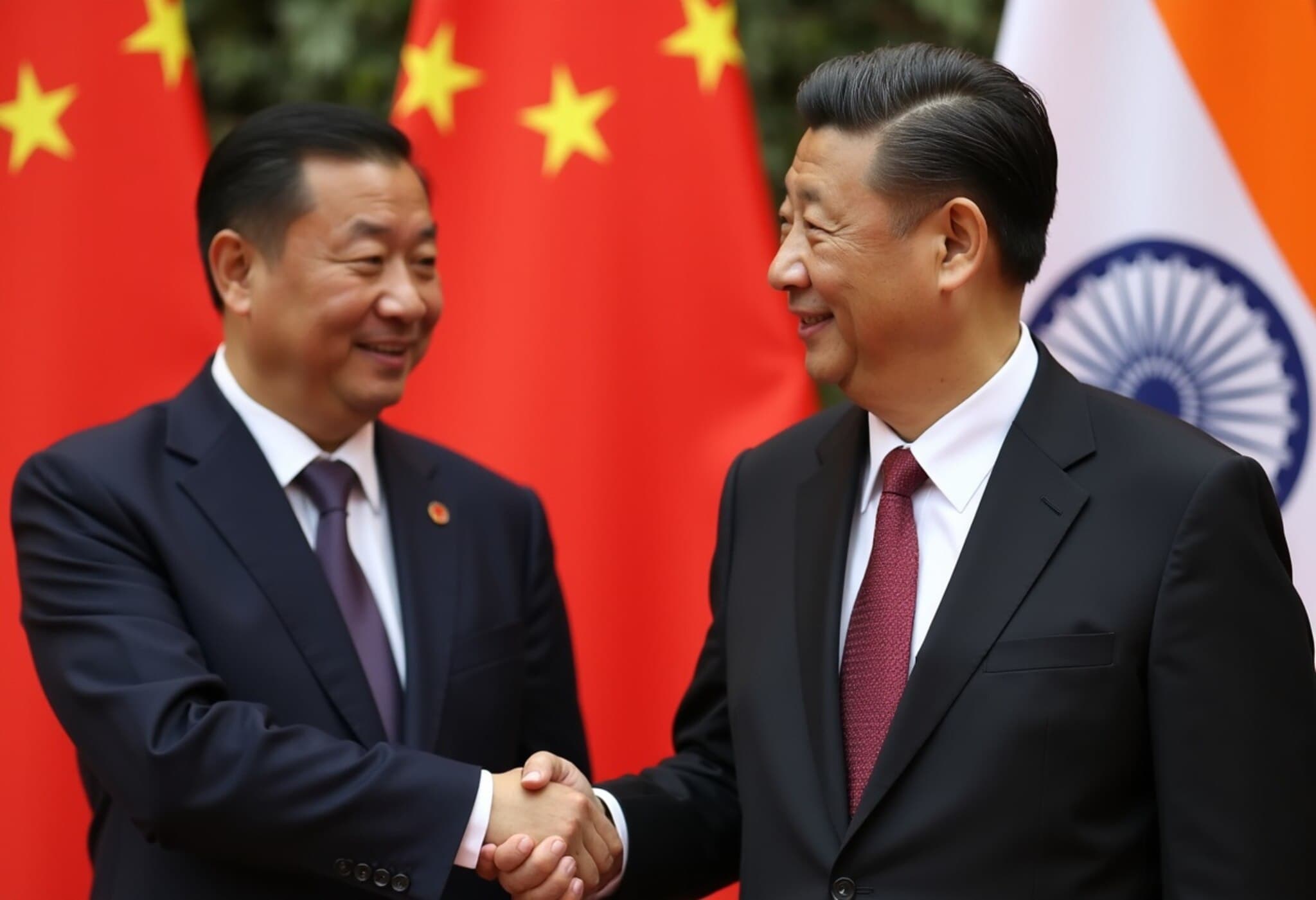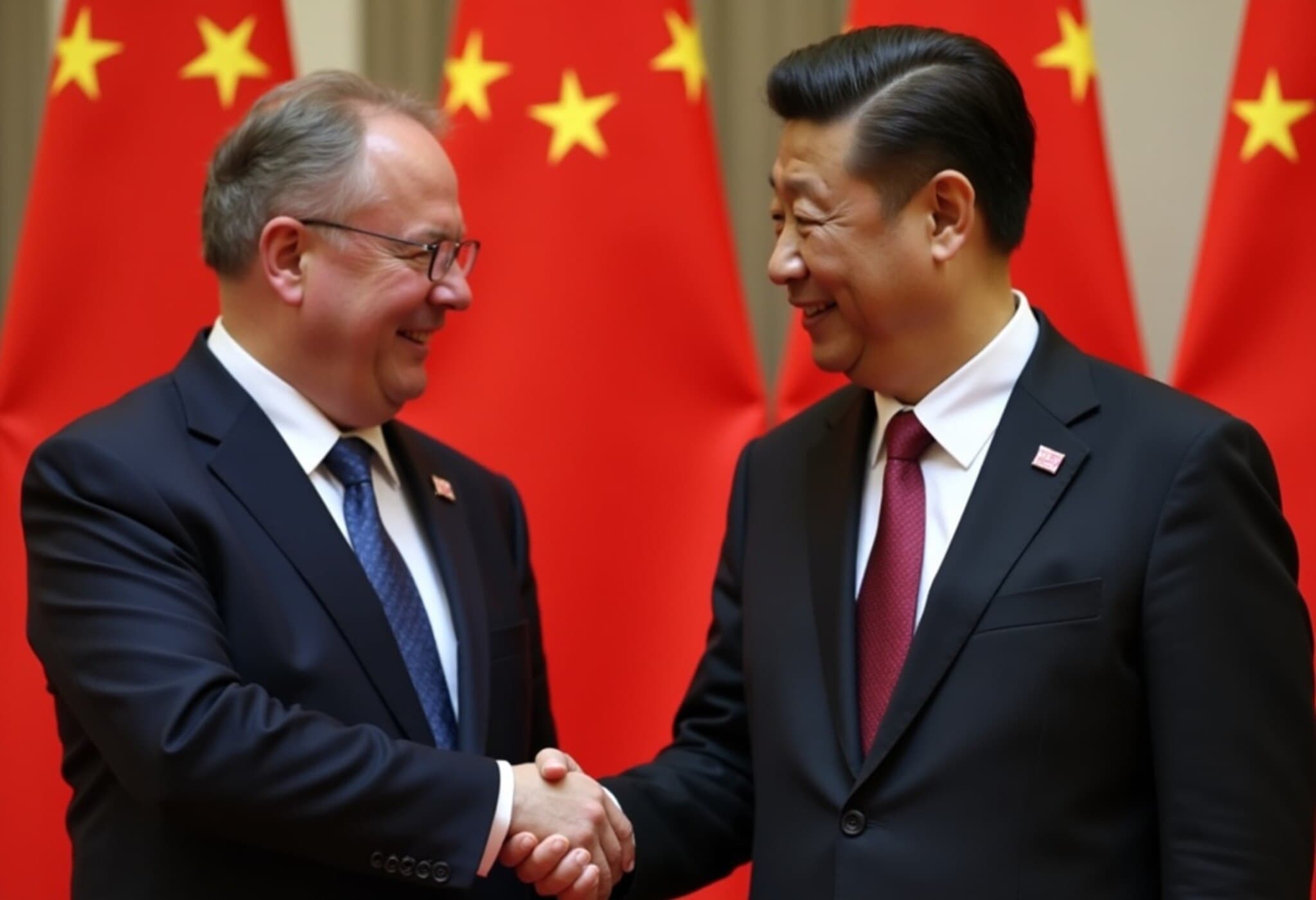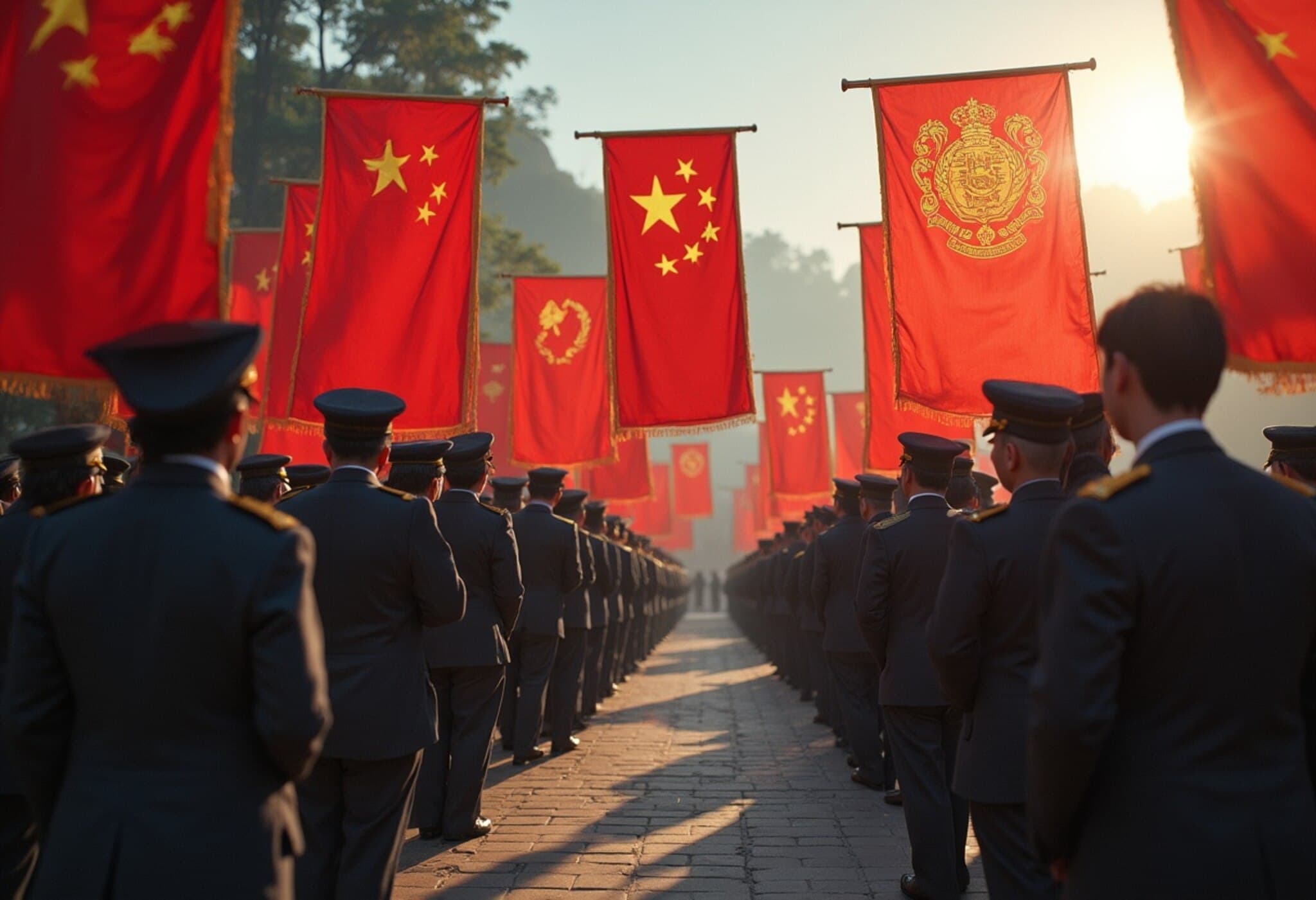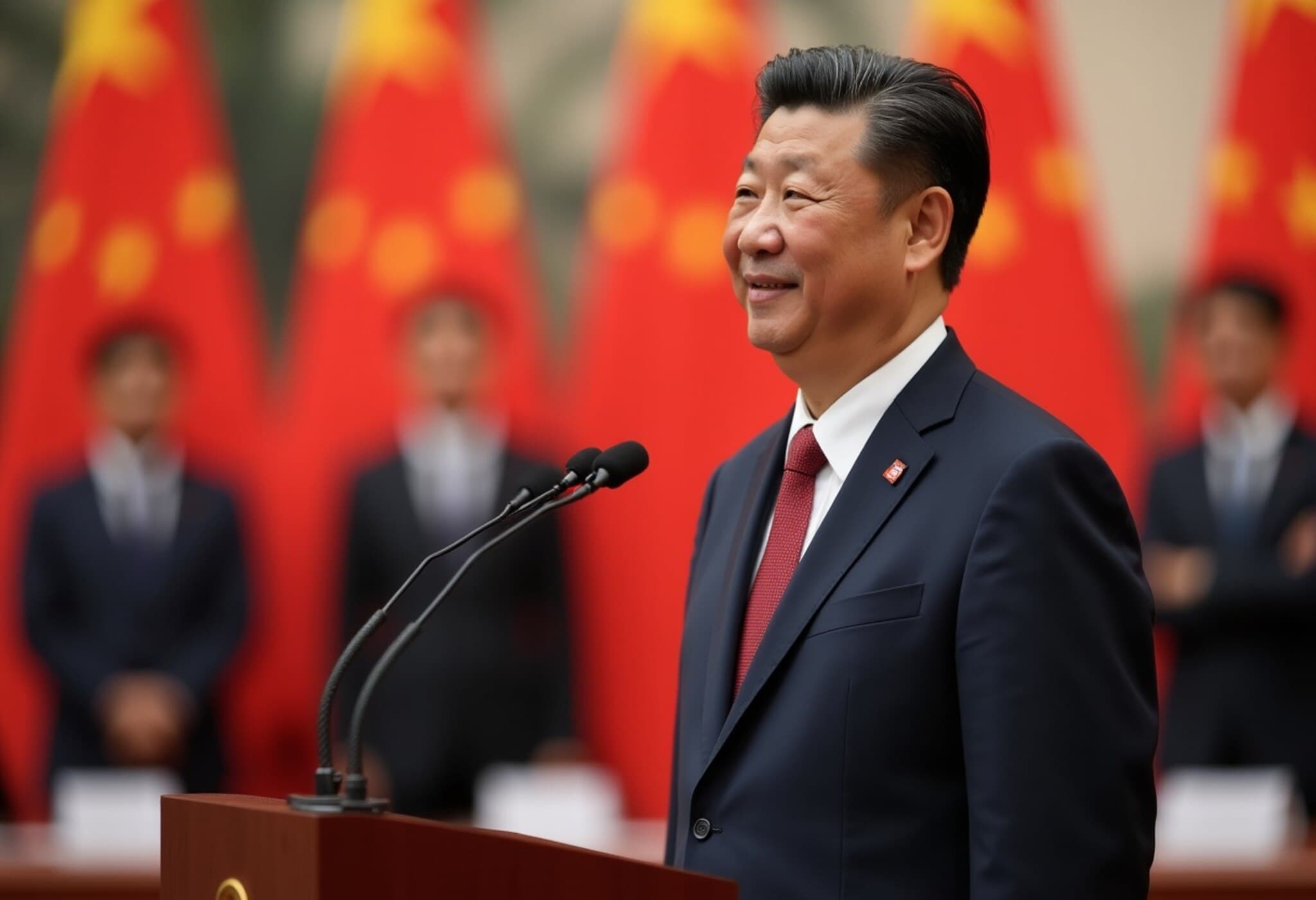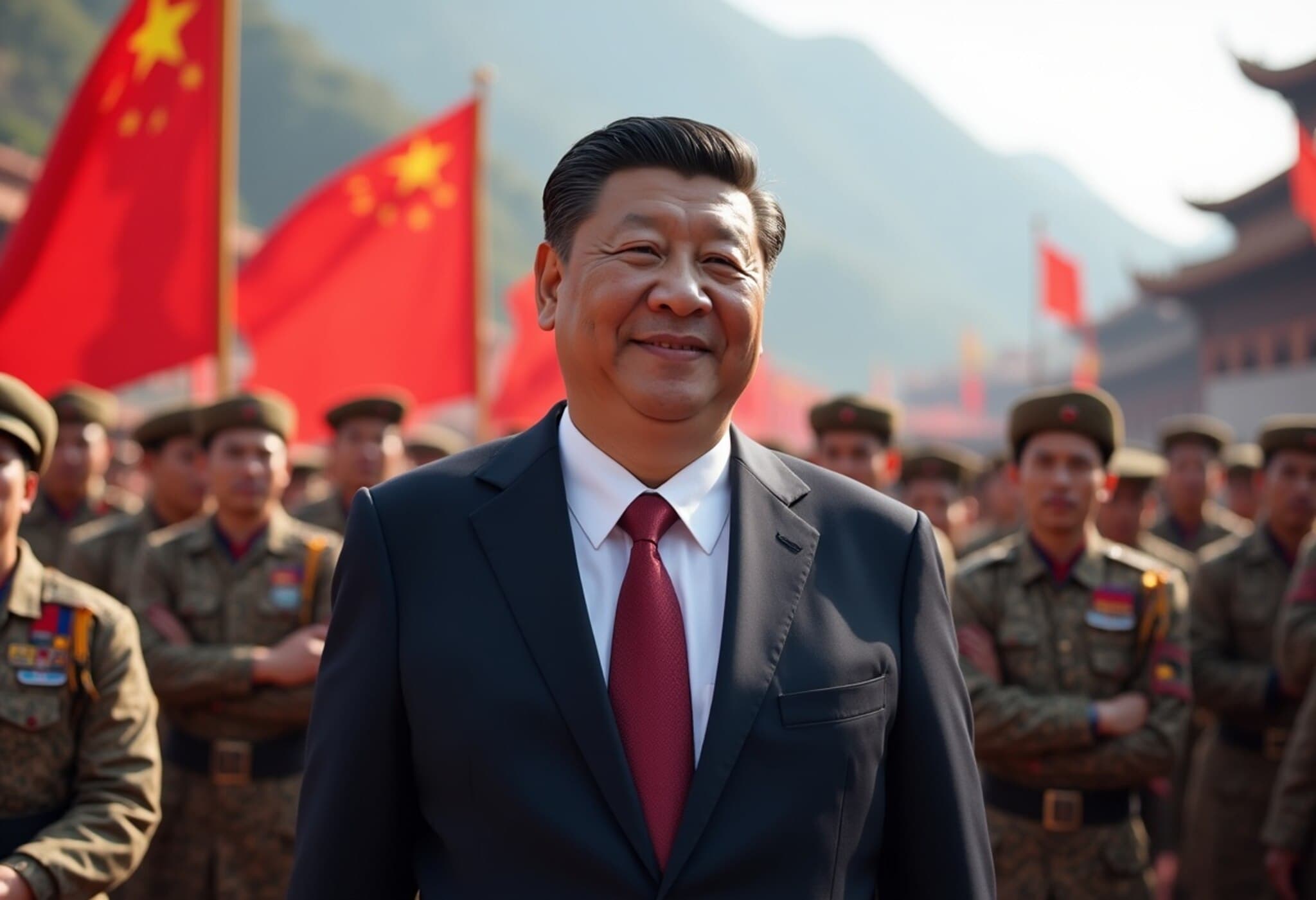China’s Xi Jinping and Signs of Power Delegation
After more than a decade of tightly controlled leadership, fresh developments hint that Chinese President Xi Jinping might be gradually transferring aspects of his authority to his deputies. Recent regulatory changes within the Communist Party suggest a systematic approach to standardize decision-making, possibly marking a subtle shift in governance style.
New Party Rules and What They Mean
On June 30, China's 24-member Politburo approved new rules aimed at streamlining the functions of various party coordinative institutes—organizations tasked with managing policy coordination across different government agencies. These guidelines emphasize enhancing the process of planning, discussion, and oversight of major policy matters, potentially formalizing governance approaches within the ruling party.
Standardizing Coordination at the Top
These rules are designed to tighten policy coordination and institute a thorough review mechanism at the highest levels. With President Xi holding chairmanships over many such bodies, it became clear that managing day-to-day affairs alone demands more delegation.
Experts Weigh In: A Shift Toward Formal Governance
Political analysts view this development as part of a broader trend toward formalizing how decisions are made in China’s leadership. One expert noted that although Xi remains at the helm of numerous coordination groups in addition to his party and state responsibilities, the distribution of power may be accelerating to maintain governance efficiency.
At the same time, others caution that these changes don’t necessarily signify a significant loss of control by Xi. Instead, they suggest that Xi might be stepping back from micro-managing daily affairs while reinforcing oversight mechanisms to guarantee his priorities remain paramount.
Historical Context: Xi’s Centralized Control
Since assuming power in 2012, Xi has revitalized and expanded party coordination groups, transforming many from “leading small groups” into “central commissions” with extensive authority. This expansion consolidated party dominance over crucial domains such as economic policy, national security, reforms, and cybersecurity.
For example, under Xi’s direction, the Central Committee for Hong Kong and Macau affairs was upgraded in 2020, now encompassing regional leaders and officials specializing in national security and foreign relations. By 2023, this commission fully incorporated the State Council’s Hong Kong and Macau Affairs Office’s functions.
Similarly, central commissions dealing with financial stability, religious affairs, and overseas Chinese engagement have been elevated and expanded.
Power-Sharing Among Xi’s Inner Circle
A notable pattern since 2023 is the emergence of these commissions as platforms for distributing responsibilities among Xi’s trusted allies:
- The Central Financial Commission is chaired by Premier Li Qiang.
- The Central Science and Technology Commission is led by Vice Premier Ding Xuexiang.
- The Central Cyberspace Affairs Commission, responsible for cybersecurity and internet governance, is headed by Xi’s chief of staff, Cai Qi—once a role directly held by Xi.
These developments indicate a strategic delegation, allowing Xi to maintain overarching control while empowering close allies to handle critical portfolios.
What Lies Ahead for China’s Leadership?
While the consolidation of power remains a defining feature of Xi’s rule, these organizational reforms and the apparent shift toward routine delegation may reflect long-term governance planning. Whether this points to an eventual succession strategy or simply a recalibration of leadership duties remains to be seen. However, the message is clear: China’s leadership is formalizing its internal mechanisms to adapt to the immense demands placed on its top leader without compromising control.

